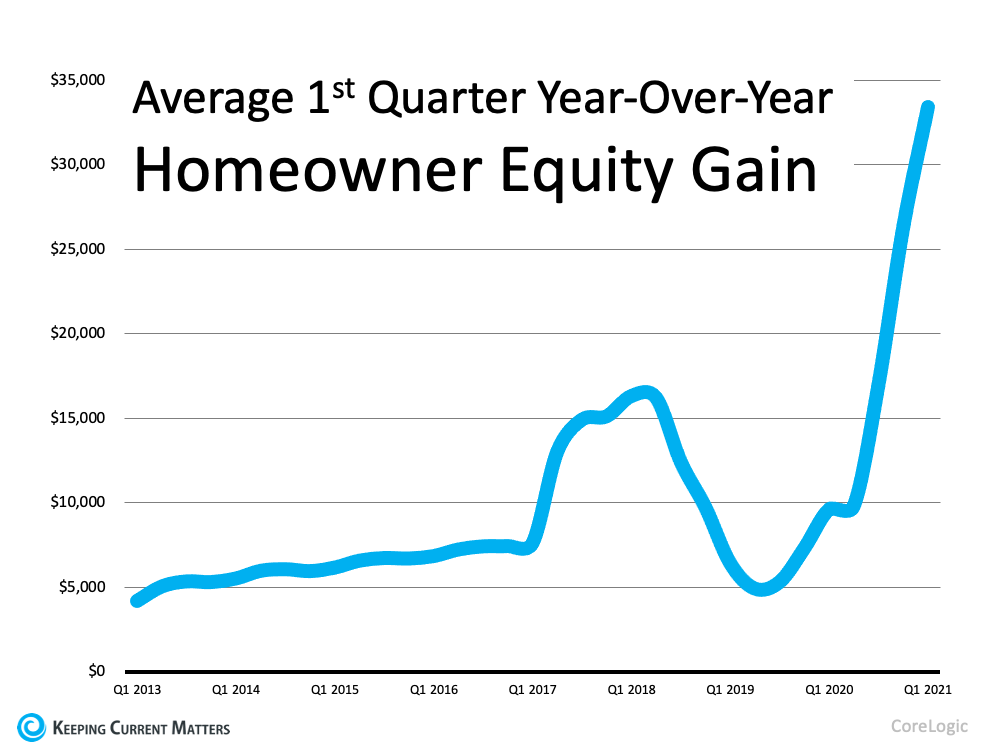After a long summer, it’s time to clean up around your home and get everything in good shape before the winter comes. Not only does this sort of fall cleaning help your home look nice after the rain and heat of summer, but it can also aid you in finding issues or damage that you might want to take care of as you winterize your home. Some areas that often need particular attention during these cleanup periods are patios and decks.
Part of the reason for this is that many people use their patios and decks more during the summer than at any other time of the year. Various spills, dripping grease and oils from grilling, and assorted other messes can end up on the wood, while changes in weather over the course of the summer can encourage the growth of things like algae and mildew. Knowing how to effectively clean up all of these stains and other issues will not only make your deck or patio look better, but can also result in them lasting significantly longer without needing repairs.
Deck Stain Removal
Effectively cleaning up the various stains that occur on your deck or patio becomes a lot easier if you know the source of the stain. Grease stains, sauces, and similar spills can usually be cleaned with dish soap and a stiff-bristled brush, followed by washing the area thoroughly before it has a chance to start drying again. Dish soap can also be used to remove stains from decomposing leaves; allow it to sit and penetrate for 10 or 15 minutes before scrubbing and rinsing the stains away.
Other types of staining may require different solutions, however. Rust stains may need to soak in a mix of water and white vinegar or specialized acid cleaners to remove the discoloration. Tree sap can also be stubborn and difficult to remove, often needing dedicated deck or patio cleaners or cleaning solutions such as liquid oil soap cleaners. Some stone patios may require specific cleaners that won’t damage the type of brick or stone that’s used as well.
Dealing with Algae, Moss, and Mildew
Discolorations caused by algae, moss, mildew, and mold are usually a bigger problem than other stains, even though the other stains may be more common. The problem with algae, mold and similar growths is that they actually cause damage to the wood or stone of your patio or deck and need to be dealt with as soon as possible. Some growths like moss can be removed with soap, water, and a stiff-bristled brush, but things like algae and mold typically require a bit more. Because these grow into the wood or stone and thrive in moist environments, you’ll need a cleaner that can actually kill them and prevent them from coming back. In some cases, a bleach/water mixture will do the trick, combined with some scrubbing and general cleaning afterward. Special deck and patio washes are also available that are formulated to kill mildew, mold, algae, and similar growths, helping to ensure that you take care of the problem without having to try out different DIY mixtures.
Professional Cleaning
If you haven’t had much luck getting your deck or patio clean or simply don’t have the time to dedicate to the cleanup, there are professional services available that can get the job done for you. They typically use cleaners that are designed for the types of cleanup you need and may employ tools such as a power wash sprayer to really get into all of the places that are hard to reach with a brush or a broom. Depending on the service, they may apply new sealants or other protectants after your deck or patio is clean as well to help you weather the winter unscathed.
As always, if you have any questions, or would like to buy or sell rural property, The Rural KC Team-Keller Williams Partners, Inc., is the one to call. 913-837-0760 or 913-837-0411.




